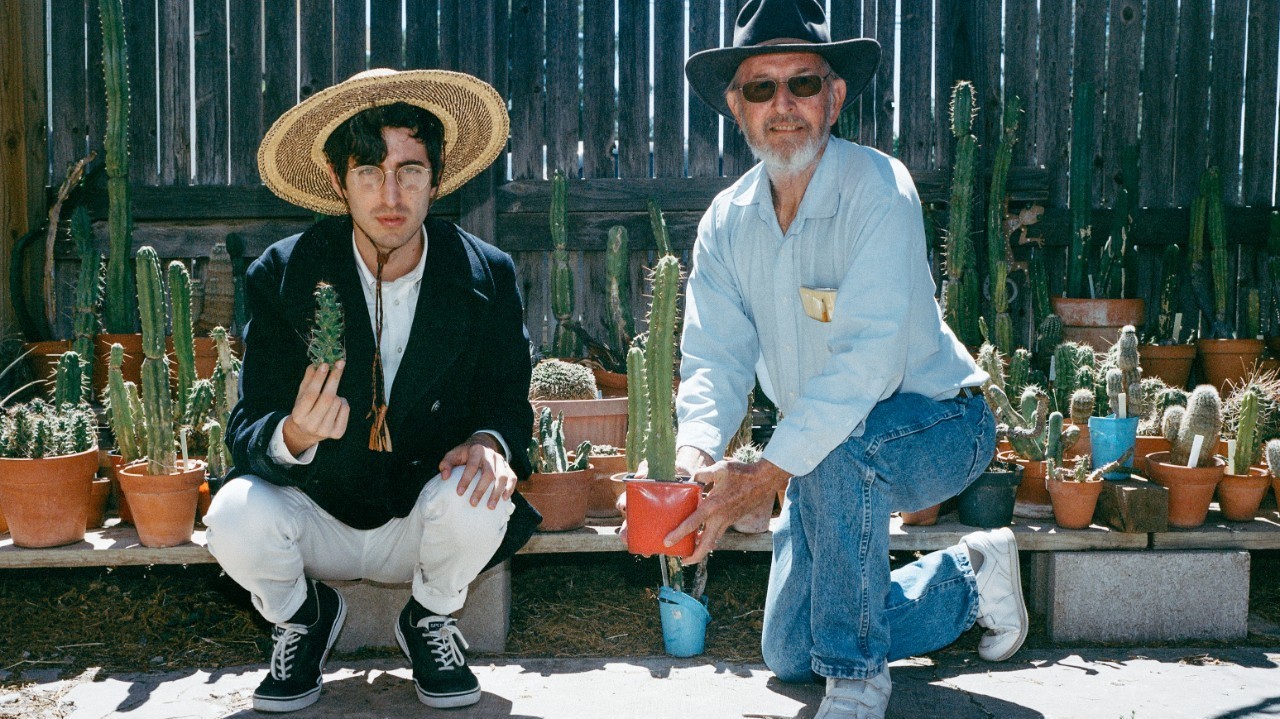The Peyote Files | Chacruna
This documentary premiered online on Tuesday, Feb 16th at 10 pm PST in honouring Martin’s contribution to the field of peyote conservation.
Watch the Peyote Files documentary below, and be sure to like and share so we can reach the widest audience possible.
The Peyote Files is a documentary web series following the anthropologist Dr. Bia Labate in the search for the elusive peyote cactus in West Texas. Built around the frank exchanges between Bia and the cactus expert and conservationist Dr. Martin Terry, this three-part series offers an eye-opening insight into Martin’s pioneering work to understand the threats faced by peyote and the urgent action needed to ensure its survival. In episode one (Peyote Territory) Bia and Martin trek through peyote’s natural habitat and discuss its unusual morphology, psychoactive nature, history of human interest, and Martin’s irrepressible zeal for all things cacti. Martin’s rigorously scientific understanding of peyote’s evolutionary context challenges the mystical assumptions often underpinning the role of its psychoactive properties. Returning to Alpine in episode two (Peyote Threats), Martin shows Bia the collection of peyote cacti he nurtures and studies in his fortified greenhouse—following strict DEA regulations—and explains the current threats to peyote populations, such as the destruction of peyote’s habitat and the pressures of overharvesting. In episode three (Peyote Conservation), Martin outlines the research and action he is carrying out, along with the Cactus Conservation Institute, to mitigate these threats, including spreading awareness of sustainable harvesting techniques, the impact of frequent, repeat harvesting, and the urgency of cultivation. Throughout the series, different epistemological approaches to, and ontological conceptions of, peyote are discussed, as well as the political implications of protecting an indigenous sacrament. This series represents a testament to Martin’s tireless conservation efforts and a call to action to recognize and respect the right to exist of this extraordinary cactus, before it’s too late.

